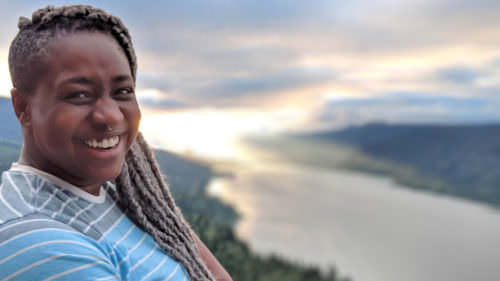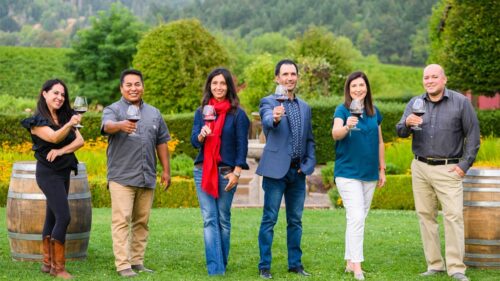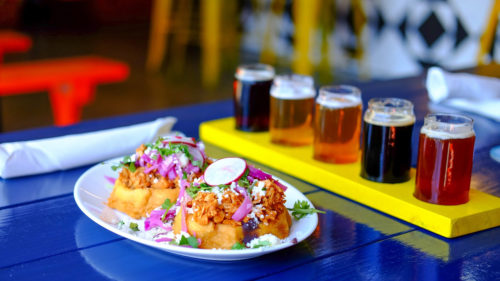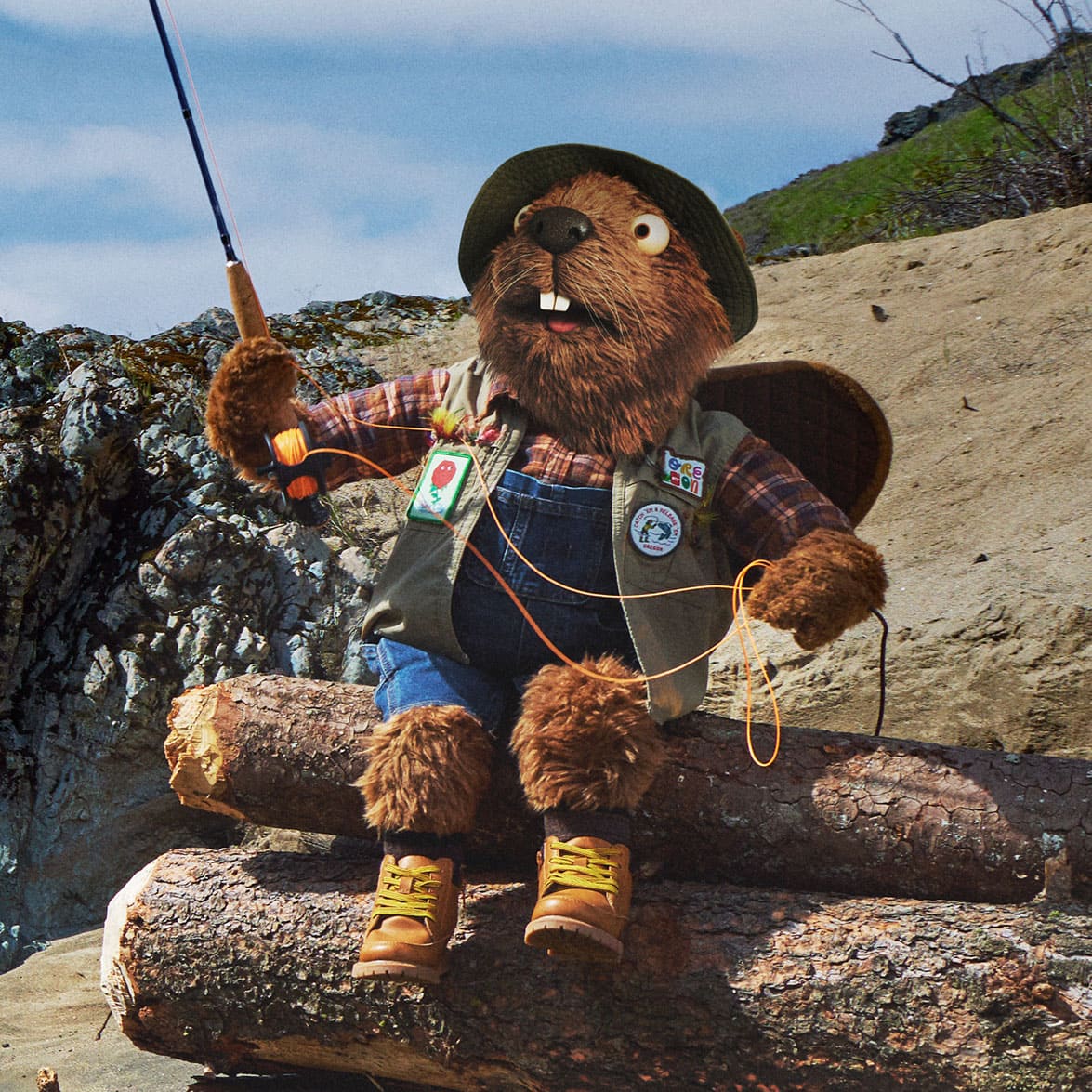Zavier Borja distinctly remembers the moment he became inspired to start adventuring outside. He was scrolling through Instagram and saw a photo taken by a professional photographer of a gorgeous waterfall. He clicked on the geolocation to learn that it was a photo of Tumalo Falls, just 15 miles away from where he lived in Bend. He planned a day trip and hiked out to see the 97-foot falls for himself. It was his first time in the Deschutes National Forest, and the experience left him with an itch to find more of these natural treasures.
Later on, the memory of this moment also forced a question: “Why haven’t I done these things?” he says.
In the past few years, Borja has become more involved in addressing the barriers that marginalized communities face in exploring the outdoor space in his work as the program director for Vámonos Outside. Through outings and other programs, the new Bend-based organization aims at connecting Latino families with the outdoor recreation areas of Central Oregon.
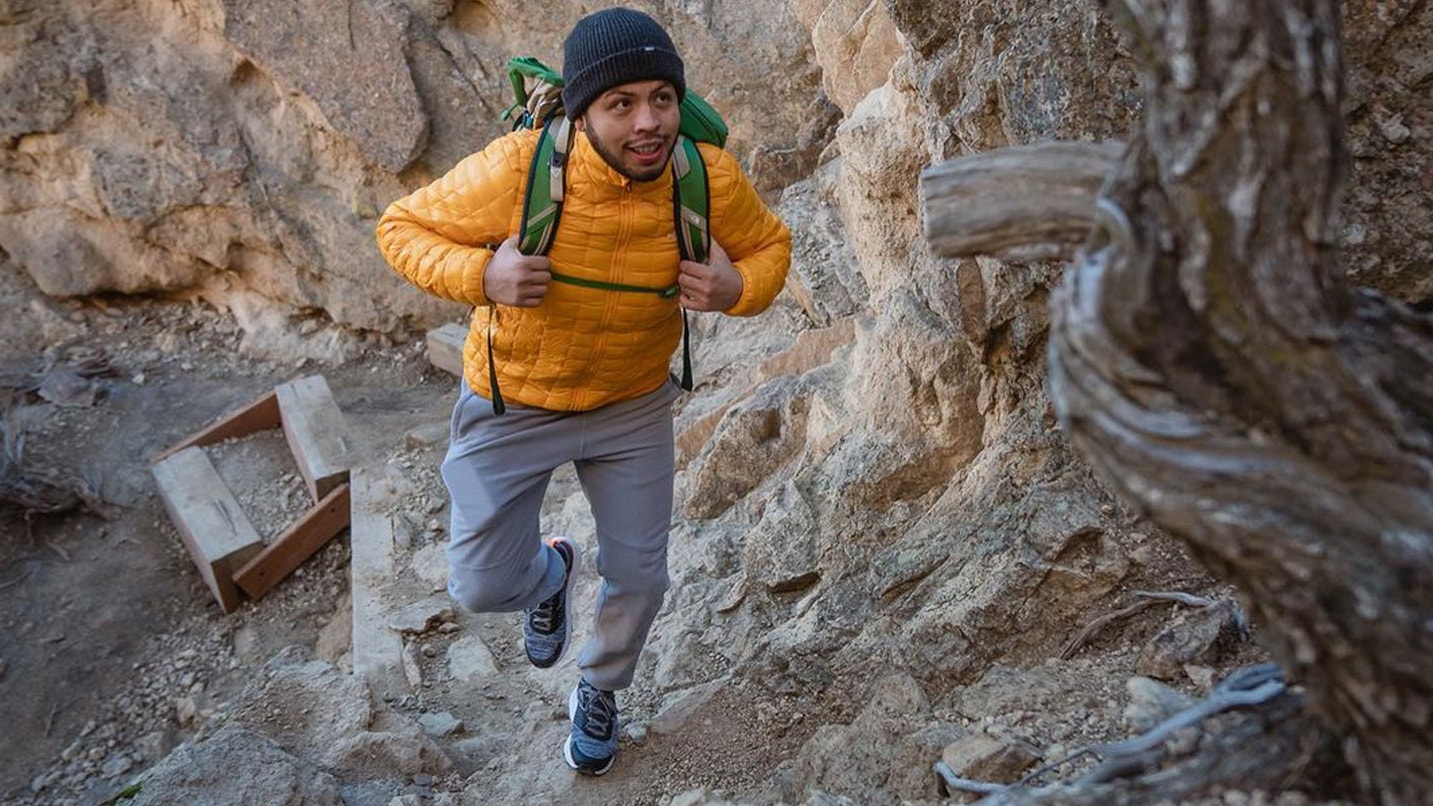
“I don’t see my people out there … I want to get my community outside, to the mountain, to try rock climbing, to paddleboard if that’s what they want to do,” the 27-year-old says. “I need to start with the community where I’m from, where I don’t see that happening.”
His role mimics work he did in 2019 with a national organization called Latino Outdoors. As an ambassador to the Bend region, Borja created fliers, met participants at trailheads and led 1- to 3-mile walks. He brought along culturally relevant food — fruit cups with chamoy and Tajin — and chatted with participants along the way.
“There’s not an agenda. I’m not talking about the birds, basalt or what’s blooming right now. There’s a time for that, but this is just exposure,” Borja says. “It’s led by someone who looks like you, and that right there breaks down barriers.”
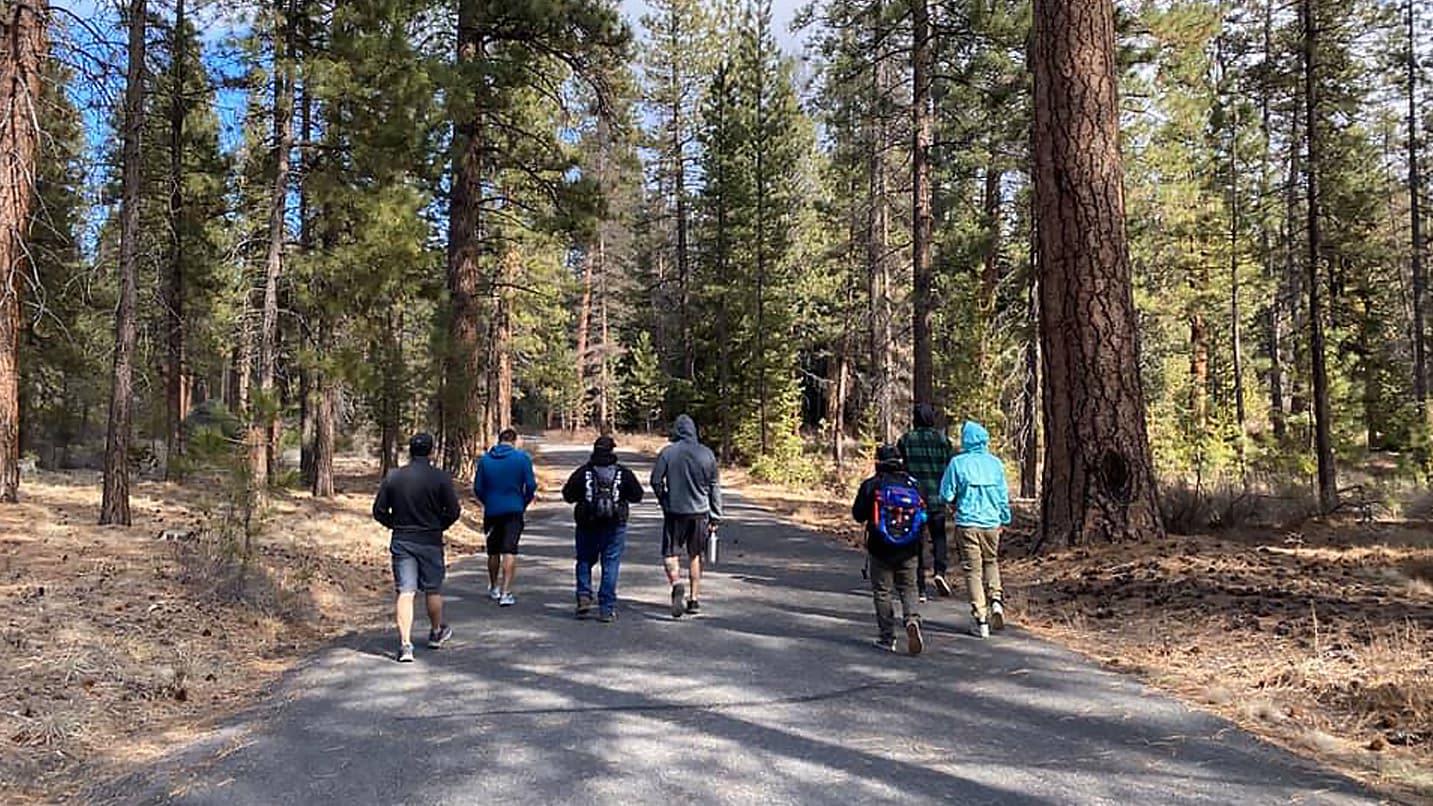
Through his work with Latino Outdoors, Borja became connected with outdoor recreation and public land organizations that were trying to expand their outreach to a more diverse audience. He began collaborating with these groups, which resulted in the creation of Vámonos Outside with Borja at the helm. The organization also developed Jugamos Afuera, a youth program that leads snowshoeing, sledding, hiking and park outings, with programs planned for 2021.
“I’m not here to reinvent the wheel,” Borja says. “We’re building comfortability in the Latinx community and then channeling them to these organizations that are already doing this work.”
Because the organization launched during the COVID-19 pandemic, Vámonos Outside’s first outing took place in May 2021, with more family-friendly outings planned for the coming months.
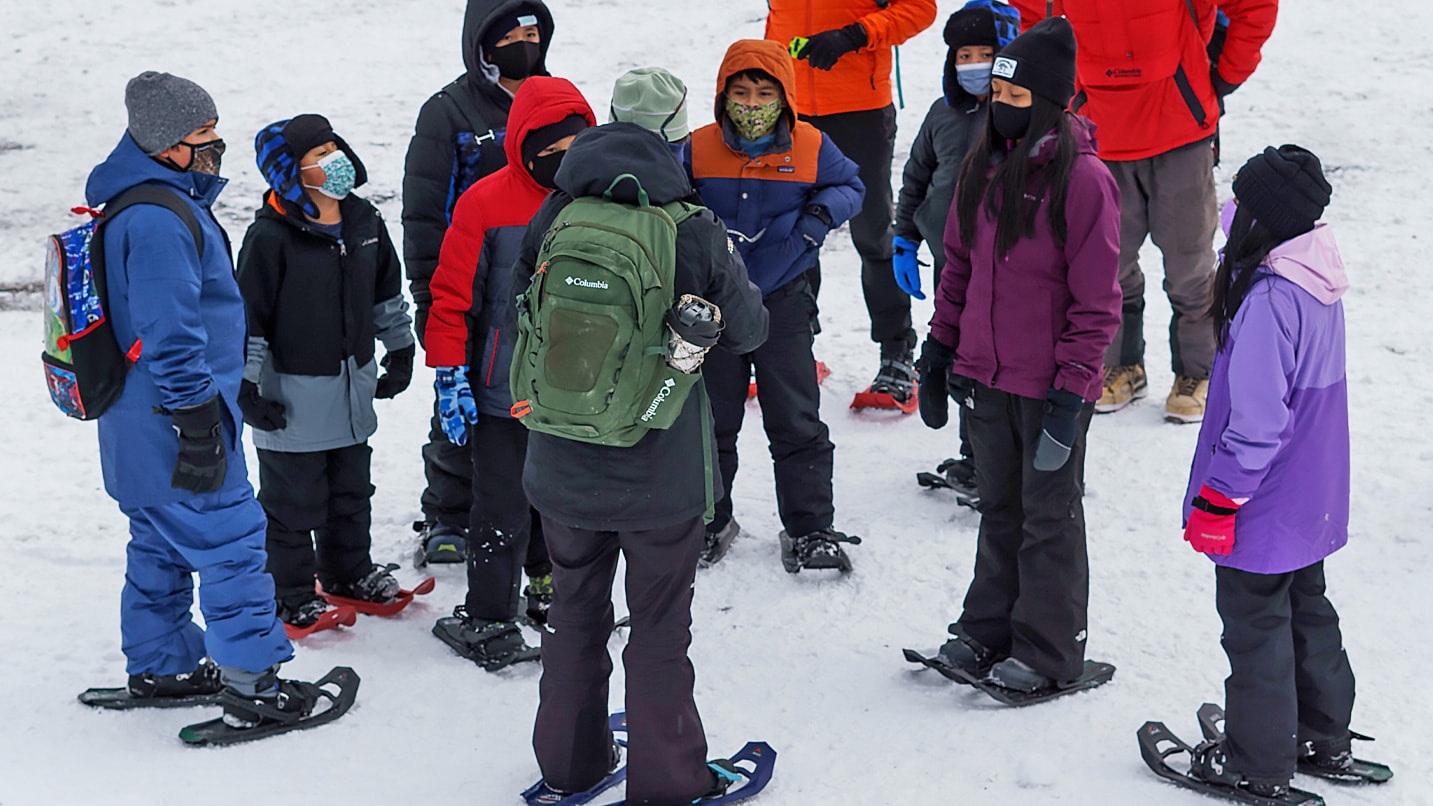
Creating Allies in Stewardship
In many ways, Borja is the right person for the job. He is a first-generation Mexican American who grew up in Madras and has experience working in youth programs, such as the Boys & Girls Club of Bend, Education Outside in San Francisco and Bend Parks & Recreation District. (Borja is currently campaigning to be elected to the Bend Parks & Recreation Board on a platform of equitable outdoor access.)
Borja also has, as he puts it, a “big personality” and doesn’t mind when things become uncomfortable, which often happens in diversity, equity and inclusion conversations.
“This work is very tough and very uncomfortable,” he says. “Growth is uncomfortable. When we’re outside our comfort zone, that’s when growth happens.”
His goal, he says, is to eventually have Vámonos Outside become obsolete because it will be commonplace for Latinos to access the outdoors like everyone else. But Borja recognizes this will take time and work — work that begins with these introductions to the natural beauty of the surrounding landscape.
“I know that this is needed; that’s what keeps me motivated,” he says. “I’m afforded so many opportunities, I want to be able to share that and build that for the community, for the youth that don’t have these opportunities.”
This kind of exposure is also the first step toward creating more allies in conservation and stewardship.
“How can you ask someone to care for a space they’ve never been to?” he asks. “Getting them exposed and connected in their own way will then foster that care.”
